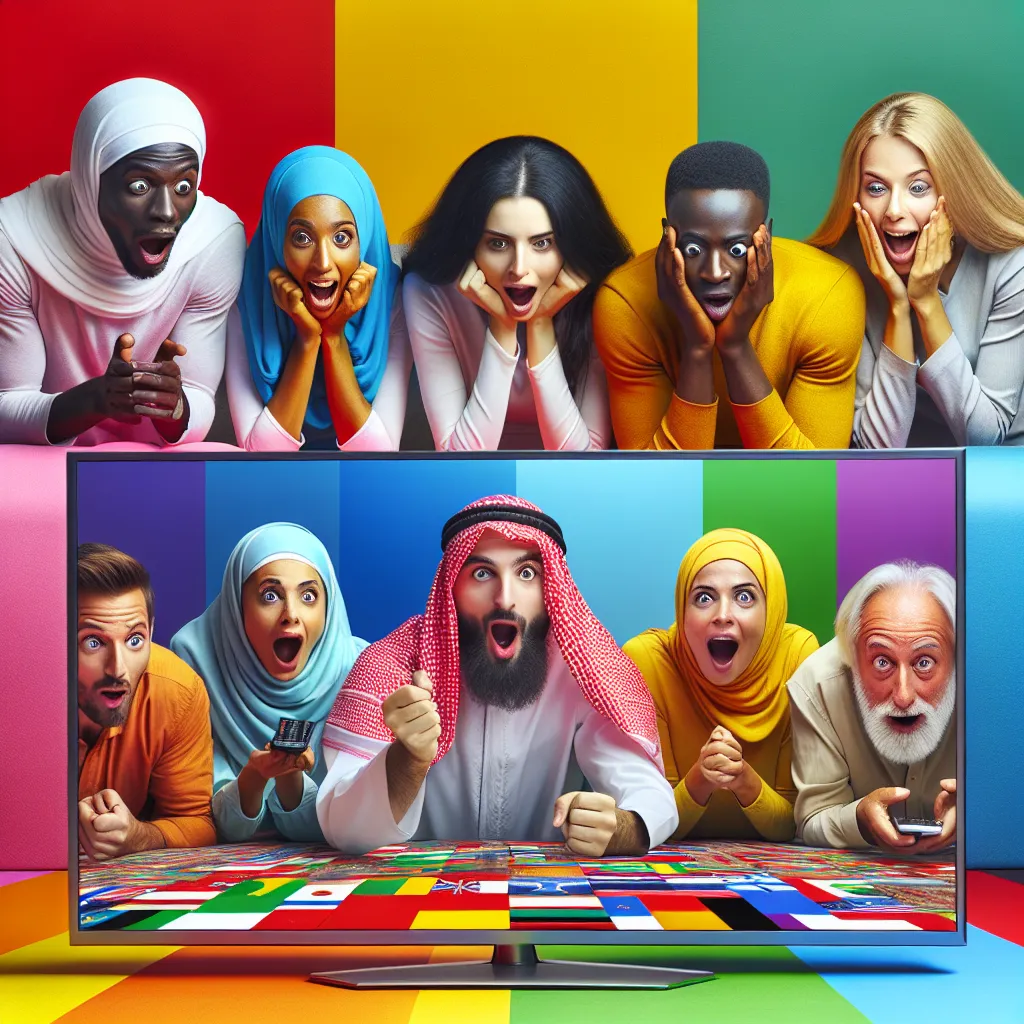The Influence of Reality TV on Behavioral Patterns
Reality TV has become a significant part of popular culture, reaching millions of viewers worldwide. The influence of reality TV on behavioral patterns has been a topic of controversy and fascination. The portrayal of relationships, conflict, and competition in reality shows can significantly impact the way people perceive and engage in similar situations in their own lives.
One of the key ways in which reality TV influences behavioral patterns is through the normalization of dramatic and confrontational interactions. Viewers are often exposed to intense conflicts and arguments, which can shape their understanding of how to handle interpersonal relationships. This can lead to individuals emulating aggressive or overly dramatic behavior in their own lives, believing that such actions are not only acceptable but also entertaining.
Furthermore, reality TV often emphasizes the importance of competition and winning at all costs. This can instill a mindset of ruthless ambition and cutthroat tactics in the minds of viewers, impacting their approach to their personal and professional endeavors. The glorification of manipulation and strategic maneuvering in reality TV can lead individuals to adopt similar attitudes in their own pursuit of success.
Moreover, the emphasis on appearance and materialism in reality TV can contribute to the shaping of societal values. Viewers may internalize the notion that external beauty and material possessions are the key to happiness and fulfillment, leading to increased consumerism and body dissatisfaction.
In conclusion, reality TV exerts a significant influence on societal behavioral patterns by shaping perceptions of relationships, competition, and success. It is important for viewers to critically analyze the content they consume and be mindful of the potential impact on their attitudes and behaviors.
The Psychological Effects of Reality TV on Viewers
Reality TV has become a staple of modern entertainment, captivating audiences with its often dramatic and unscripted portrayal of real-life events. While many viewers find reality TV shows entertaining, the genre has also been the subject of debate regarding its potential psychological effects on viewers. Research has shown that prolonged exposure to reality TV can have various impacts on the psychological well-being of its audience.
One of the key psychological effects of reality TV on viewers is the cultivation of unrealistic standards and expectations. Many reality shows depict exaggerated or sensationalized versions of reality, leading viewers to develop skewed perceptions of beauty, success, and relationships. This can contribute to feelings of inadequacy and low self-esteem as audiences compare their lives to the carefully curated narratives presented on screen.
Furthermore, the prevalence of conflict and confrontational behavior in reality TV can desensitize viewers to interpersonal conflict. Constant exposure to verbal altercations, backstabbing, and manipulation can normalize such behavior, leading to an acceptance of toxic interactions as entertainment. This desensitization may, in turn, impact real-life relationships and communication strategies, as viewers subconsciously mimic the confrontational tactics they witness on screen.
Interestingly, research has also highlighted the phenomenon of parasocial relationships formed between viewers and reality TV personalities. Despite the one-sided nature of these relationships, viewers often develop strong emotional connections with their favorite contestants or stars. This can lead to feelings of personal investment in the outcomes of the show, and emotional distress when events do not unfold as desired.
In conclusion, the psychological effects of reality TV on viewers are complex and multifaceted. While the genre offers entertainment and escapism, it is essential for audiences to approach these shows critically and be mindful of the potential impact on their psychological well-being.
Reality TV: Shaping Societal Norms and Values
Reality TV has undeniably played a significant role in shaping societal norms and values, influencing the way people perceive and interact with the world around them. Through the constant exposure to certain behaviors, lifestyles, and interpersonal dynamics, reality TV has the power to normalize specific attitudes and actions within society. Viewers often look up to reality TV stars and adopt their values, aspirations, and ways of dealing with various situations.
Moreover, reality TV programs often highlight and glamorize certain behaviors or lifestyles, leading to the normalization of these patterns in society. For instance, the emphasis on materialism, superficial beauty standards, and the pursuit of fame at any cost is frequently perpetuated in reality TV shows, impacting how individuals perceive success and happiness.
Furthermore, the interpersonal relationships and conflicts depicted in reality TV can shape societal values by influencing viewers’ understanding of acceptable social interactions. The normalization of aggressive competition, betrayal for personal gain, and public humiliation as a form of entertainment can significantly impact how individuals approach their relationships and conflicts in real life.
In conclusion, reality TV’s influence on societal norms and values cannot be underestimated. It has the power to redefine what is considered normal and desirable, impacting individuals’ behaviors, aspirations, and interactions within the larger societal framework.



